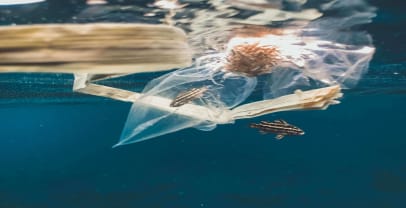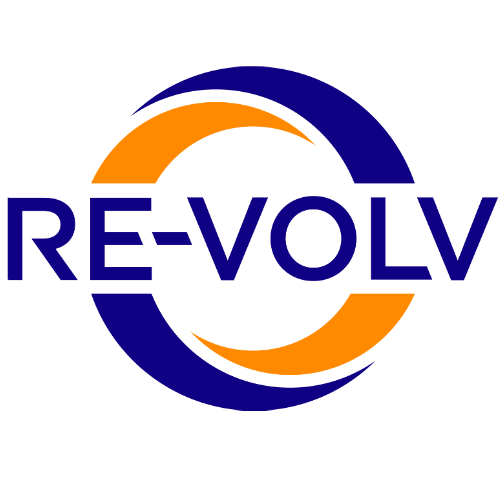Teaching Students about Climate Change: Our Melting Oceans Unit Plan
Teaching children about climate change in the classroom and at home can be challenging, because climate change is not specifically included as a required Next Generation Science Standard in most grades in elementary school. Additionally, breaking down complex climate science concepts such as climate change, renewable energy, and greenhouse gases to children can be difficult because these are complex problems that need to be simplified per each grade level. That’s why we put together the Sustainability for Young Learners courses, which are week-long unit plans for second through fifth grade, to help both parents and teachers teach various sustainability themes to elementary aged school students.
About the Sustainability-Themed Unit Plan
The Our Melting Oceans: Solid and Liquid Water unit plan is designed for second graders, as the unit focuses on the second grade standard “2-ESS2-3: Obtain information to identify where water is found on Earth and that it can be solid or liquid.”
Through this week-long unit plan, students learn about the required second grade science standard while also expanding on this knowledge to incorporate introducing the issues with melting ice caps within the lesson. This allows students to gain a better understanding of the standards by connecting the standard to real-world issues. Through an experiment, students are able to see how ice cubes melt faster when heat is added and can relate this to understanding how rising temperatures cause ice caps to melt quicker. If you're a parent, this is a great lesson to work on with your child, because it can naturally expand on what they are learning in the second grade curriculum.
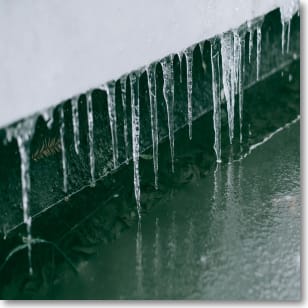
Why Teaching Sustainability to Young Learners is Important
It’s important to teach children about sustainability to help them understand sustainability from an early age, to educate them about how humans impact our natural environment, and how they can make an impact. Climate change is already having an impact on our lives and once children grow up, the reality is they will likely have to manage working and living in a world that is impacted by climate change. The more children that are educated about climate from a young age, the more likely they will choose to be part of the solution throughout their careers and adult lives.
As a parent, teaching your child about sustainability can help teach them the importance of taking care of our Earth and help your child become a global citizen by learning how climate change is impacting communities differently throughout the world. As a teacher, teaching students about climate change can help your students better understand climate science, can allow students to practice their critical thinking skills when they are presented with a problem, and can help start the conversation about climate change at the community level.
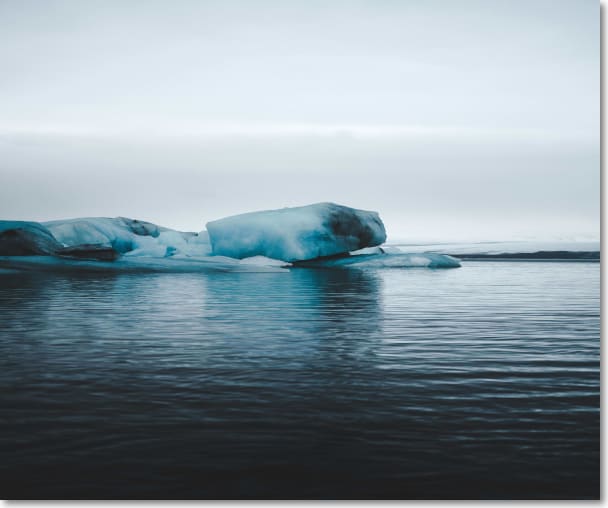
Our Melting Oceans Unit Focus and Theme
The second grade unit plan is titled Our Melting Oceans: Solid and Liquid Water. The lesson contains five, 45-minute lesson plans that teach students how to describe that there is both solid and liquid water in the ocean and that ocean ice is melting faster due to climate change. After being presented with the problem, students will then identify and learn about different solutions that they can incorporate into their own lives to mitigate climate change.
This unit lesson plan teaches students about solid, melting, and liquid water through an engaging ice cube experiment that allows students to become climate scientists and witness ice melting at a faster rate when heat is added compared to room temperature melting rates. Students then learn about various solutions that they can implement into their own lives to reduce global warming impacts and identify ways that they can help through a thought-proving worksheet. One solution that students learn about is composting, and they engage in both an interactive group activity and drawing workshop to help them understand the idea of composting and what does and does not go into the compost bin. Sustainability resources for teachers and parents are included to help provide more information about the topics discussed within the unit.
Download the Resources
The second grade unit plan, titled Our Melting Oceans: Solid and Liquid Water, are free to download. Preview the lesson’s objectives, what the lesson will cover, and standards covered in the lesson preview below. To access the unit plan, including step-by-step instructions for each of the five lessons, worksheets, and the unit PowerPoint, click on the buttons below to download the free unit plan and PowerPoint.
How to Extend the Lesson to Different Grades
Although the Our Melting Oceans unit plan was created for second grade students as the unit plan aligns with the second grade Next Generation Science Standards, this sustainability-themed unit plan can be adapted for both first and third graders. Slight modifications can be made to help simplify the unit’s content for first grade.
Third graders could build upon this lesson and continue learning more about the difficulties oceans are facing by completing the third grade lesson titled, Ocean Plastic - The Problem and the Solution. During this lesson, students will learn about plastic, the problem with ocean plastic, and will discover and invent their own solutions to fixing the ocean pollution problem. At the end of both lessons, the third grade students can create a final presentation about the impacts that humans have on our oceans and identify some of the solutions that they learned about.
Additional Sustainability-Themed Educational Resources
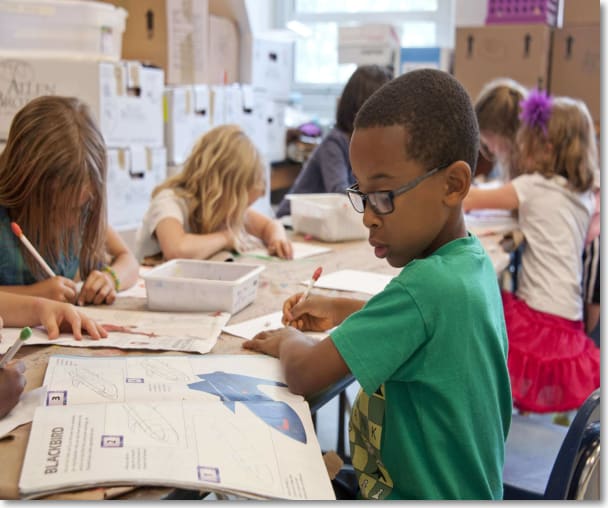
Are you looking for additional resources on how to teach various sustainability topics within your elementary school classroom? Check out our other sustainability-themed lesson plans for third grade titled, Ocean Plastic - The Problem and the Solution, for fourth grade unit plan titled Renewable & Nonrenewable Energy Sources & their Impacts, and for fifth grade unit plan titled, Climate Change – Reducing Food Waste and Composting as a Solution. Each lesson covers at least one of the Next Generation Science Standard per grade level and includes a variety of activities, worksheets, projects, and experiments to help students better understand the concepts being taught.
Interested in solarizing a nonprofit?
Get a free quote or learn more
Donate
About RE-volv
We believe that everyone should have the ability to support and spread clean energy. So we created a new way for people to take action. It's a pretty simple idea. Through an innovative solar financing model, these nonprofits immediately save on their electricity costs. As these organizations pay us back, we reinvest the money into more solar projects in communities across the country. This creates a revolving fund for solar energy that continually perpetuates itself building more and more solar. It's a pay-it-forward model for solar energy. We call it the Solar Seed Fund. Spread clean energy and make a tax-deductible donation to the Solar Seed Fund.
